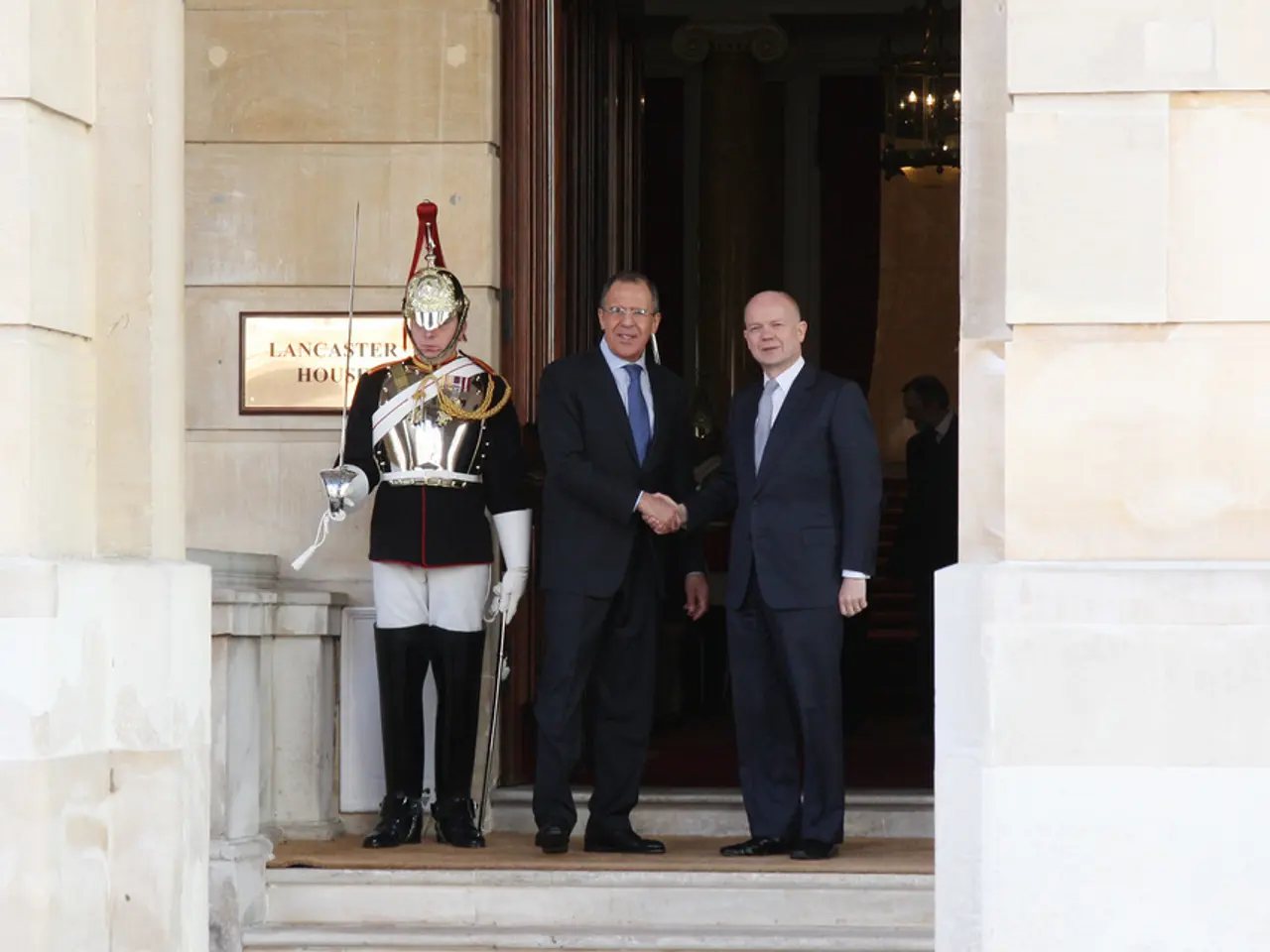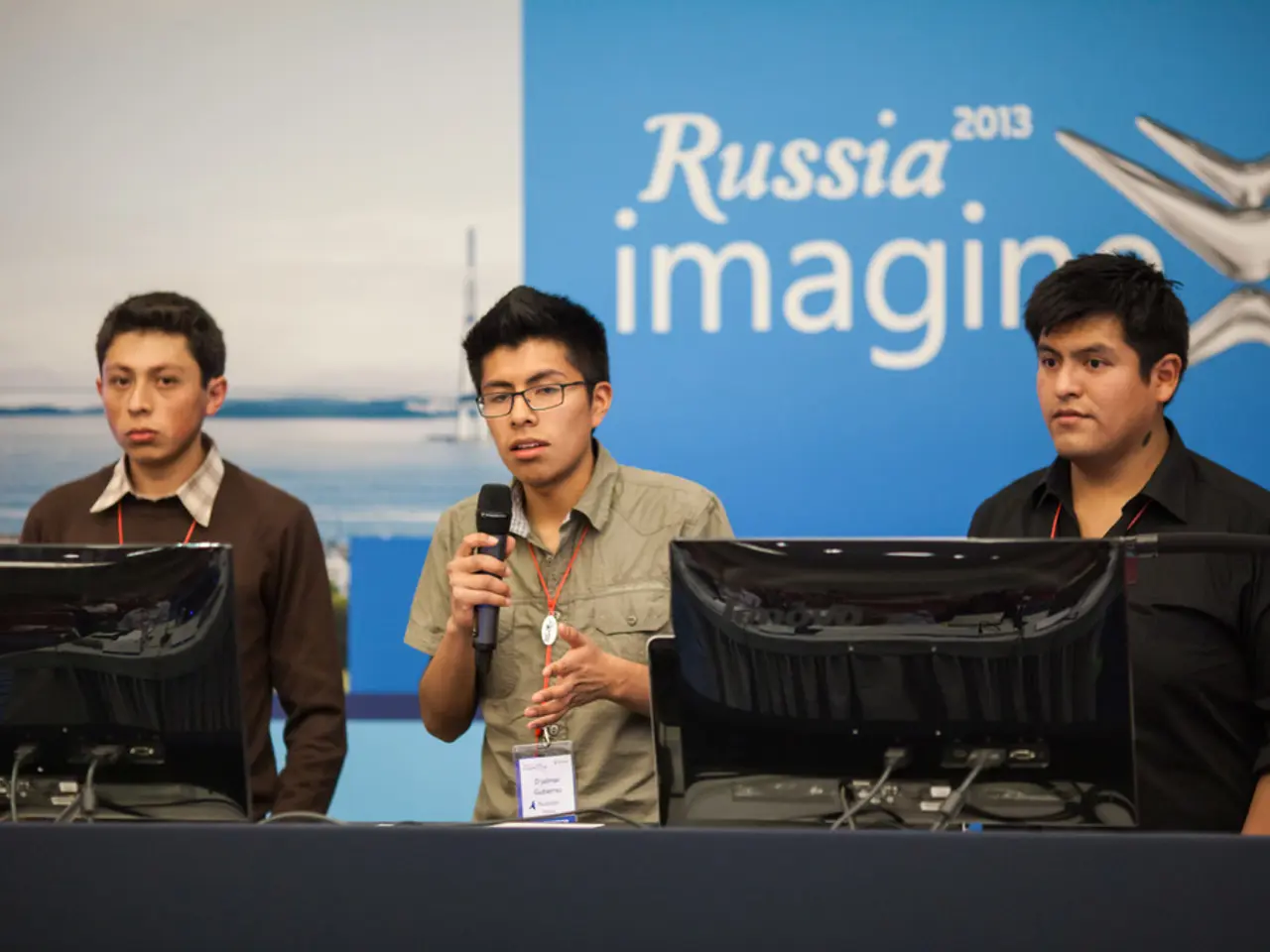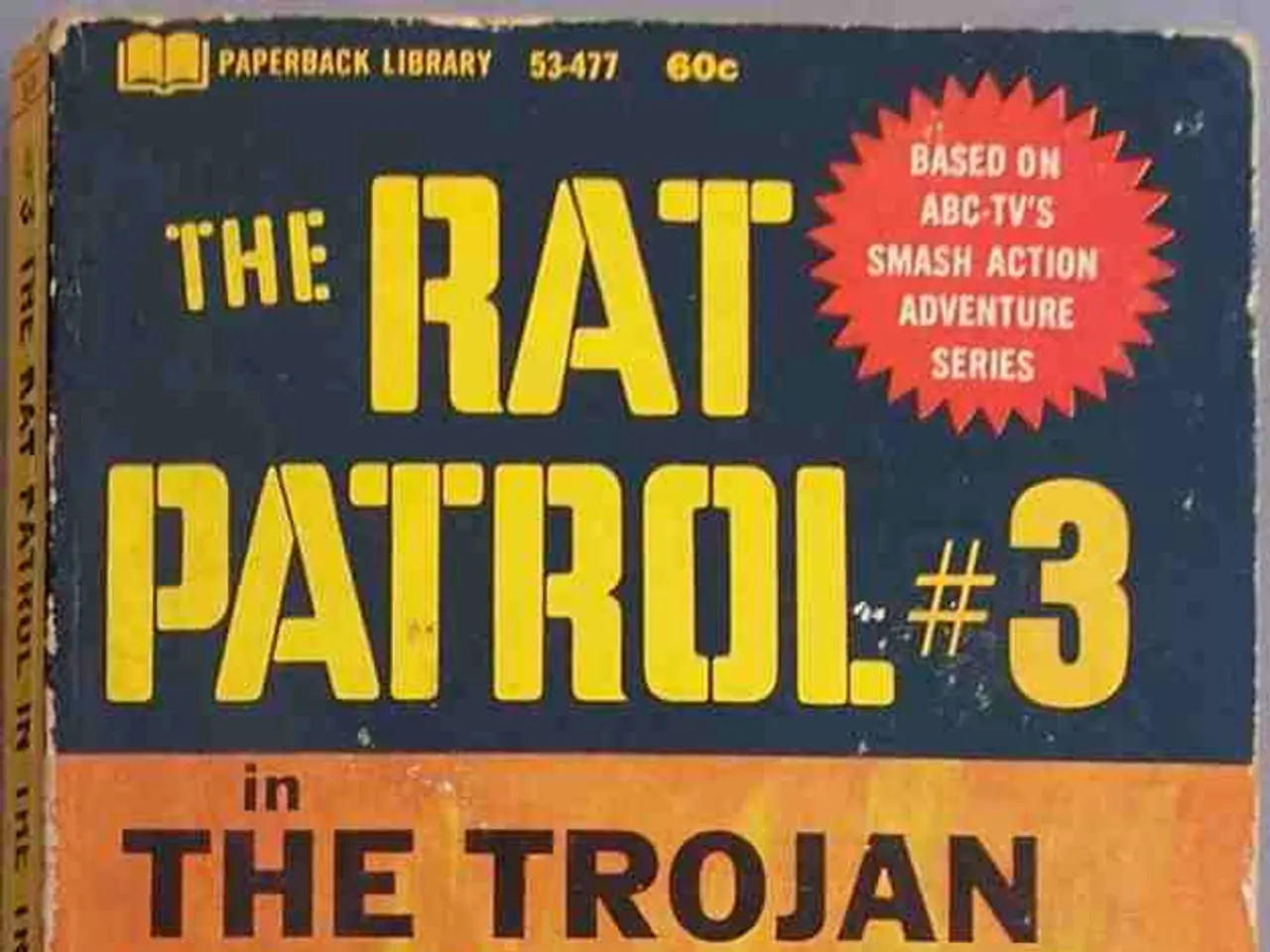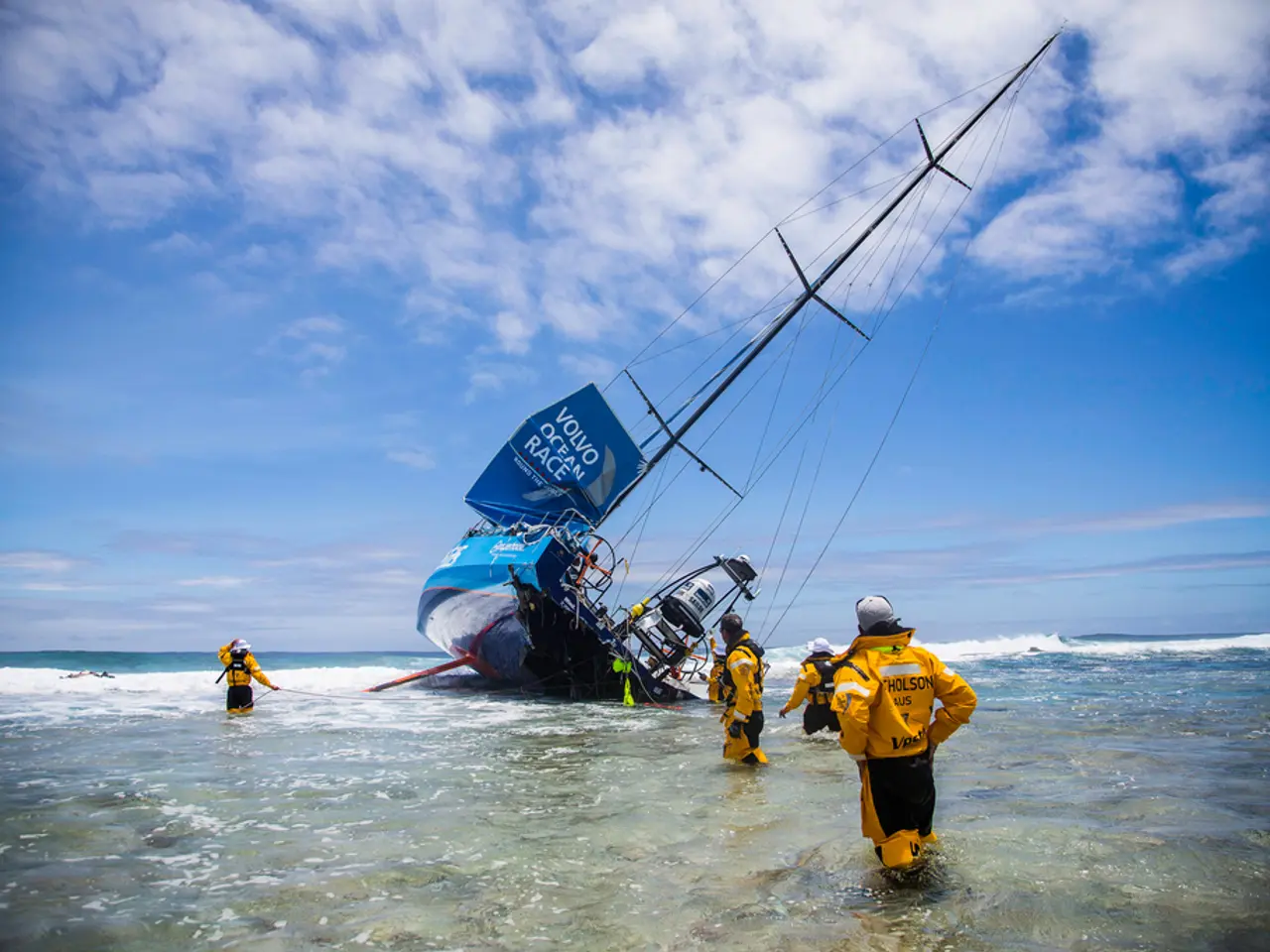Escalation of tension - nuclear surveillance team withdraws from Iran
The international community is witnessing a tense and uncertain geopolitical landscape, with the conflict between Iran and the International Atomic Energy Agency (IAEA) escalating amid ongoing military actions. The IAEA's ability to monitor Iran's nuclear program is significantly hampered due to unresolved safeguards violations and damaged facilities.
Recent military attacks, notably by Israel on June 13, 2025, targeted Iran's Natanz Fuel Enrichment Plant, causing substantial damage to its electricity infrastructure and above-ground parts of the Pilot Fuel Enrichment Plant. The underground parts of the plant were also seriously damaged by ground-penetrating munitions, but fortunately, there has been no radiological release affecting the public so far.
The IAEA's reduced capacity to monitor Iran's growing nuclear program has raised concerns about potential nuclear weaponization progress outside full international visibility. Despite these challenges, IAEA inspectors remain present in Iran and are ready to be deployed at nuclear sites as conditions allow. However, the number of inspectors in Iran has been reduced due to security concerns amid escalating conflict in the region.
The IAEA Director General has indicated that a diplomatic solution is within reach if there is sufficient political will. The Agency emphasises its ability to guarantee a watertight inspections system to ensure Iran's nuclear program remains peaceful, but this depends on agreement and cooperation from Iran and relevant international parties.
The current situation reflects a highly volatile environment, with Western governments expressing concerns that Tehran is seeking nuclear weapons, a claim denied by Iran. The Iranian government has shown little willingness to resume talks, suspending cooperation with the IAEA just two days after the start of the war.
In a controversial move, the hardline newspaper "Keyhan" called for the "arrest and execution" of IAEA chief Rafael Grossi, causing great outrage in the West. According to Iranian law, cooperation with the IAEA will remain suspended until the security of Iranian nuclear facilities is guaranteed.
Notably, the USA entered the conflict and attacked three main nuclear facilities in Iran with bunker-busting bombs. The IAEA urges the resumption of inspection activities in Iran as soon as possible to restore robust monitoring of Iran's nuclear program.
Amidst this complex situation, reports suggest possible new negotiations between Washington and Tehran in Oslo, with Iranian Foreign Minister Abbas Araghtschi and US special envoy Steve Witkoff potentially meeting next week. If successful, these negotiations could pave the way for renewed cooperation and more robust inspections.
This situation underscores the urgent need for diplomatic solutions to ensure the peaceful resolution of this ongoing conflict and the safe and secure monitoring of Iran's nuclear program. The future remains uncertain, but the international community is hopeful that political will can lead to a more stable and secure future for all parties involved.
The escalating conflict between Iran and the International Atomic Energy Agency (IAEA) is a significant part of war-and-conflicts and general-news, as the reduced capacity of the IAEA to monitor Iran's growing nuclear program raises political concerns about potential nuclear weaponization outside full international visibility. The IAEA Director General has emphasized the agency's ability to guarantee a watertight inspections system to ensure Iran's nuclear program remains peaceful, but this depends on agreement and cooperation from Iran and relevant international parties amid ongoing politics and conflicts in the region.







